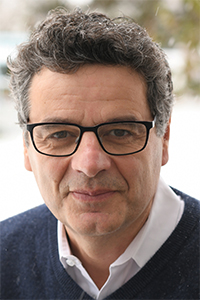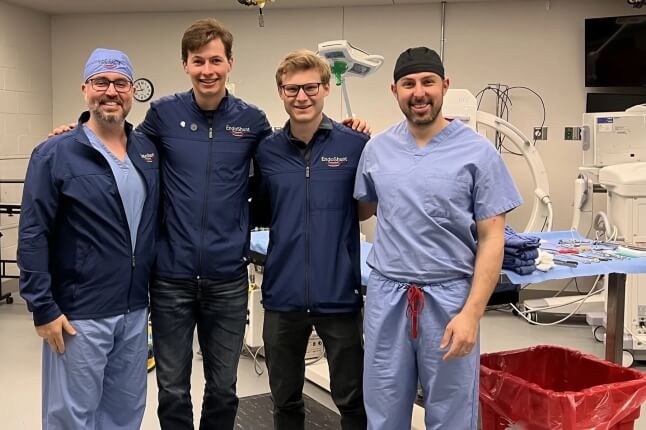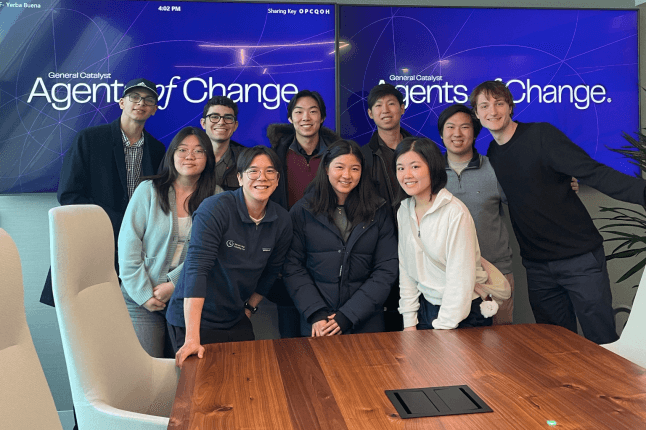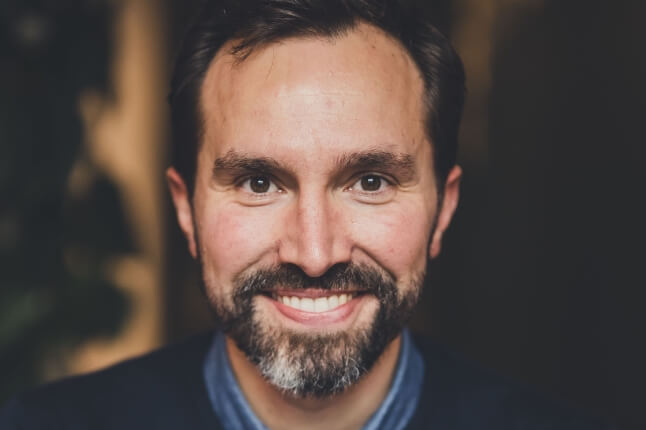News
Citadel Securities and Google Cloud today announced the joint sponsorship of a cutting-edge medical research program at Harvard University designed to demonstrate the validity of a novel, minimally invasive approach to unclogging arteries via a large-scale numerical simulation powered by the public cloud. By leveraging high performance computing (HPC) running on cloud infrastructure, Harvard researchers will be able to solve some of the world’s most complex calculations and advance heart disease research.
Prof. Petros Koumoutsakos, leader of the research, works at the Harvard John A. Paulson School of Engineering and Applied Sciences (SEAS) and pioneered the concept of creating digital twins for therapeutic devices in circulatory diseases. Citadel Securities and Google Cloud are jointly funding and bringing top technical talent and technology together to demonstrate the power of scaled complex simulations for medical research.
Prof. Koumoutsakos’ research is focused on the efficacy and usability of magnetically controlled artificial bacterial flagella (ABF) to attack and dissolve blood clots and circulating tumor cells in human vasculatures. Creating digital twins to simulate the effects of this innovative therapeutic approach requires a geometrically accurate representation of complex blood vessels, realistic blood flow/structure interaction, and active control of the ABFs. The complexity of these simulations and the amount of data they involve demands access to enormous amounts of HPC power as well as significant technical expertise – two major benefits that Google Cloud is providing to the program.
“Today, the level of computing power required to run simulations of this complexity and at this scale is available from only a handful of supercomputers around the world,” said Prof. Koumoutsakos. “With the support of Citadel Securities and Google Cloud, we aim to demonstrate that public cloud resources can be harnessed to handle large-scale, high-fidelity simulations for medical applications. In doing so, we hope to show that easy access to massively available cloud computing resources can significantly reduce time to solution, improve testing capabilities and reduce research costs for some of humanity's most pressing problems.”
In initial tests, Prof. Koumoutsakos and his team, which also includes researchers from ETH Zurich, demonstrated the ability to leverage cloud resources to achieve 80 percent of the efficiency available in state-of-the-art, dedicated supercomputer facilities with extensively tuned code. Two types of codes have so far been deployed on both GPU- and CPU-based architectures: a state-of-the-art code that was a finalist for the Gordon Bell prize in 2015, and an open-source commodity code (LAMMPS) for particle simulations.
“As a global team of technicians, statisticians, and quantitative problem solvers, Citadel Securities is proud to support Prof. Koumoutsakos’ visionary research,” said Costas Bekas, Research Platform head at Citadel Securities. “Democratizing access to large-scale computing resources capable of running simulations of increasing complexity will unlock the vast potential of researchers and innovators across academia and medicine.”
“Google Cloud’s high performance computing technologies solutions are purpose-built to both simplify and scale the largest, most complex workloads, enabling researchers to dramatically accelerate time to discovery and impact,” said Bill Magro, Chief Technologist, HPC at Google Cloud. “We are proud to partner with Citadel Securities to bring our configurable and repeatable HPC capabilities to Harvard in the spirit of improving patients’ lives and helping create a healthier world.”
Harvard’s Office of Technology Development and SEAS worked in close coordination with Citadel Securities and Google Cloud to establish the joint sponsored research agreement.
Topics: Computer Science
Cutting-edge science delivered direct to your inbox.
Join the Harvard SEAS mailing list.
Scientist Profiles
Petros Koumoutsakos
Herbert S. Winokur, Jr. Professor of Computing in Science and Engineering
Press Contact
Leah Burrows | 617-496-1351 | lburrows@seas.harvard.edu



